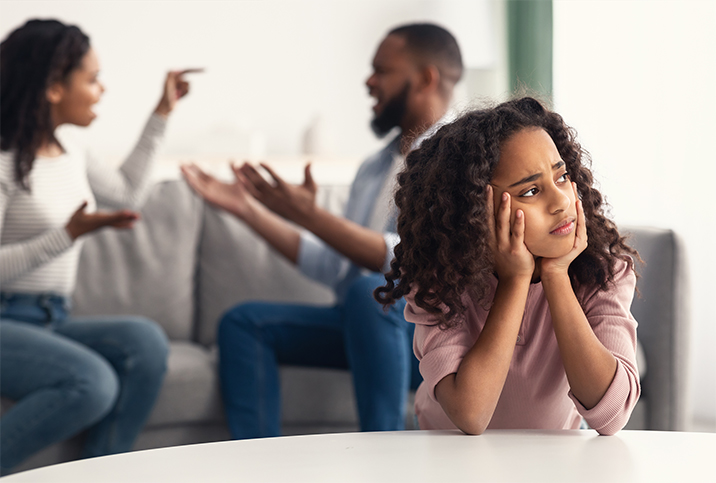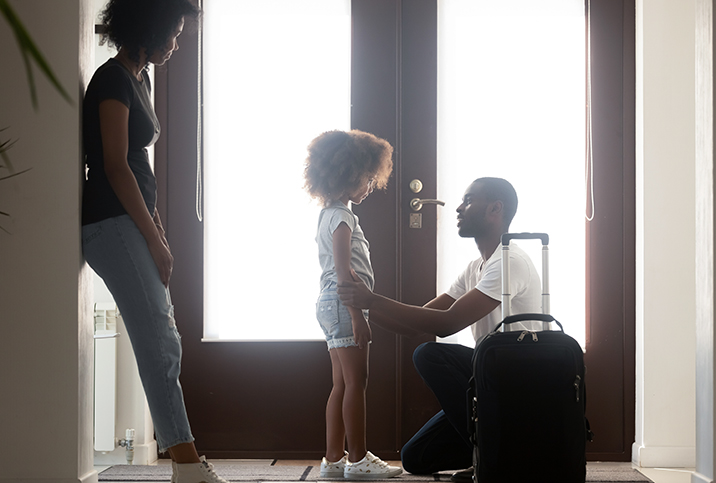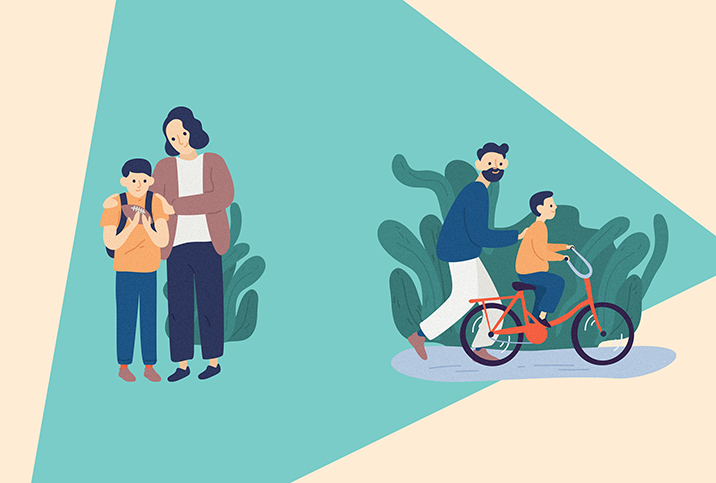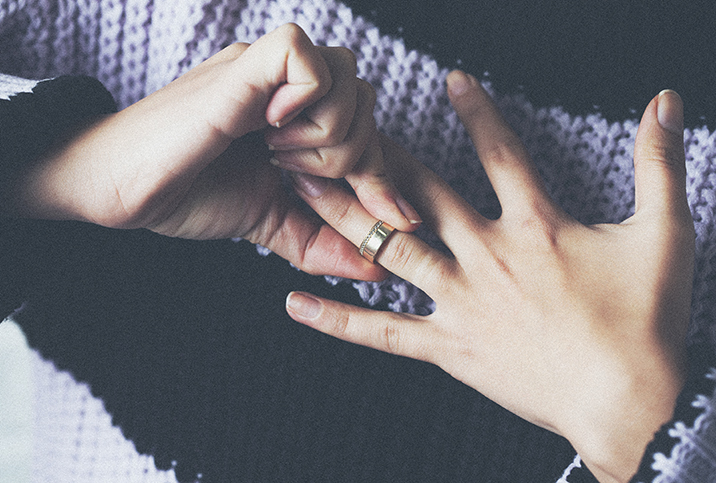Why 'Sticking It Out for the Kids' Can Be the Worst Parenting Advice

A 2020 study commissioned by Real Fix in the United Kingdom found that 47 percent of the 2,000 subjects they surveyed only stayed married for the sake of their kids. Couples who are contemplating divorce assume their kids will be better off emotionally if they stick together. But do children really have a more stable upbringing if their feuding parents stay married?
Sure, the kids won't have to deal with a potential custody battle or split their time between two households. They won't have to miss one of their parents some of the time because it's not their weekend or day to see each other. They won't have to deal with remarriages and stepparents. But having parents stay together only on behalf of their children can be much, much worse than the divorce itself.
Conflict is the culprit
Divorce does not have to be detrimental to a child's well-being. Rather, it's what leads up to the divorce that can prove detrimental. Kids observing their parents fighting or being unaffectionate toward each other can be way more traumatizing for them than when their parents actually split up.
Studies show children of divorce are more likely to get divorced themselves if the process was tumultuous, as opposed to children whose parents divorce amicably. It turns out conflict is the real culprit when it comes to children's well-being and future relationships: In 2016, in a Marriage & Family Review study, researchers found children who experienced high levels of family conflict (not divorce)—parents fighting, worrying about money, abuse and so on—were actually more likely to get divorced as adults.
When high-conflict parents stay together, they expose their children to more potential trauma. A divorce may be the eventual solution for the parents, but when children experience their parents' conflict, they are learning poor relationship skills, says Jade Bianca, a dating coach and matchmaker who founded Dating After Divorce.
"The concept of having a happy front is great, but in reality, what you're modeling for your kids is that it's OK [or] normal to stay in an unhealthy relationship," she said.
The hidden benefit of divorce
According to Sy Neary, a certified divorce specialist, a couple should think about their happiness, too, when contemplating divorce, and not just what's best for their kids.
"Sticking it out for the sake of the kids seems like a good reason to stay, but the reality is your kids are going to move out one day and you're going to be stuck staring at someone you wish you'd left years ago," Neary said.
Of course, some couples wait for their kids to go to college or get married to file for divorce, but why spend all those years being unhappy? When it comes down to it, your children want to see you happy.
"Even if there's no fighting and you're just generally unhappy in your marriage, even if you think you're hiding your unhappiness really well, chances are [your children] know you're unhappy," Neary concludes.
If you can't work at being a happy couple, at least if you're divorced or separated you can work at being happy individuals and, hopefully, amicable co-parents. Alternatively, living in a home with parents who don't love each other or fight all the time can make children feel insecure and unsafe.
"After a divorce, kids can finally feel a sense of security," Bianca said. "They'll know and feel that they are loved by both parents. Divorce can also help them form more meaningful relationships with friends and family members."
When families begin to heal after divorce, there's more space for kids to focus on their own friendships and family without the distraction of living in an unhappy home. They'll finally be able to see their parents in a different light, a happier light, which in turn will hopefully affect their own mood and relationships moving forward.


















